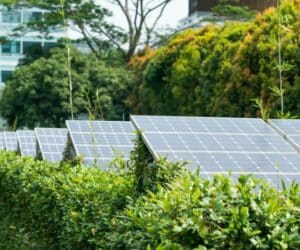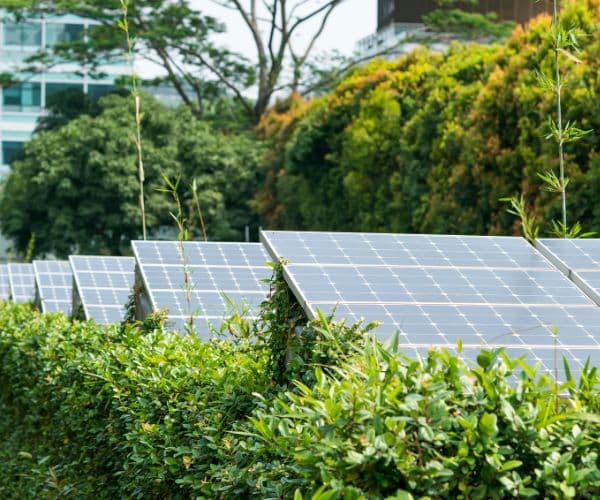Sustainable Landscaping Practices

Native Plant Selection
Choosing native plants for your landscape is a sustainable choice with multiple benefits. Native plants are adapted to the local climate, making them more resilient and requiring less water and maintenance. They also support local wildlife, including pollinators like bees and butterflies. By incorporating native plants into your landscape, you can help create a habitat that contributes to biodiversity and conservation efforts.
Drought-Tolerant Landscaping
In regions with water scarcity or where water conservation is a priority, drought-tolerant landscaping is a sustainable solution. These landscapes use plants that can thrive with minimal watering, reducing the need for irrigation. Drought-tolerant landscaping not only conserves water but also lowers maintenance costs and helps mitigate the impact of droughts.
Efficient Irrigation Systems
When irrigation is necessary, using efficient systems can make a significant difference in water conservation. Drip irrigation and smart irrigation systems that adjust watering based on weather conditions and soil moisture levels are excellent choices. They ensure that water is used efficiently, reducing waste and promoting healthier plant growth.
Mulching
Mulch is a versatile tool in sustainable landscaping. It helps retain soil moisture, suppress weeds, regulate soil temperature, and improve soil health. Organic mulch, such as wood chips or compost, also enriches the soil as it breaks down over time. By applying mulch, you can reduce the need for excess watering and chemical weed control.
Rainwater Harvesting
Collecting and using rainwater for irrigation is an eco-friendly practice that conserves municipal water resources. Rain barrels or more extensive rainwater harvesting systems can capture rainwater from rooftops and store it for later use in your landscape. It’s a sustainable way to supplement your irrigation needs while reducing your reliance on potable water.
Composting
Composting kitchen and yard waste can help enrich your soil naturally. Compost improves soil structure, provides essential nutrients to plants, and enhances its ability to retain moisture. This reduces the need for synthetic fertilizers and supports a healthy, sustainable ecosystem in your landscape.
Smart Planting and Design
Strategic planning and design can optimize the sustainability of your landscape. Grouping plants with similar water and sunlight requirements together, creating shade with trees to reduce cooling costs, and implementing hardscape features that reduce runoff and erosion are all smart practices that contribute to a greener environment.
Integrated Pest Management (IPM)
Integrated Pest Management is an eco-friendly approach to pest control that minimizes the use of pesticides. It involves monitoring and identifying pests, using natural predators, and employing alternative methods like traps or beneficial insects to control pests effectively while preserving the overall health of the ecosystem.
Sustainable landscaping isn’t just a trend; it’s a responsible way to create and maintain outdoor spaces that benefit both people and the planet. Boston Landscape is committed to helping homeowners and businesses implement these sustainable practices, creating beautiful landscapes that are in harmony with the environment. By incorporating these strategies, you can contribute to a greener, healthier world while enjoying the many rewards of a sustainable landscape.

